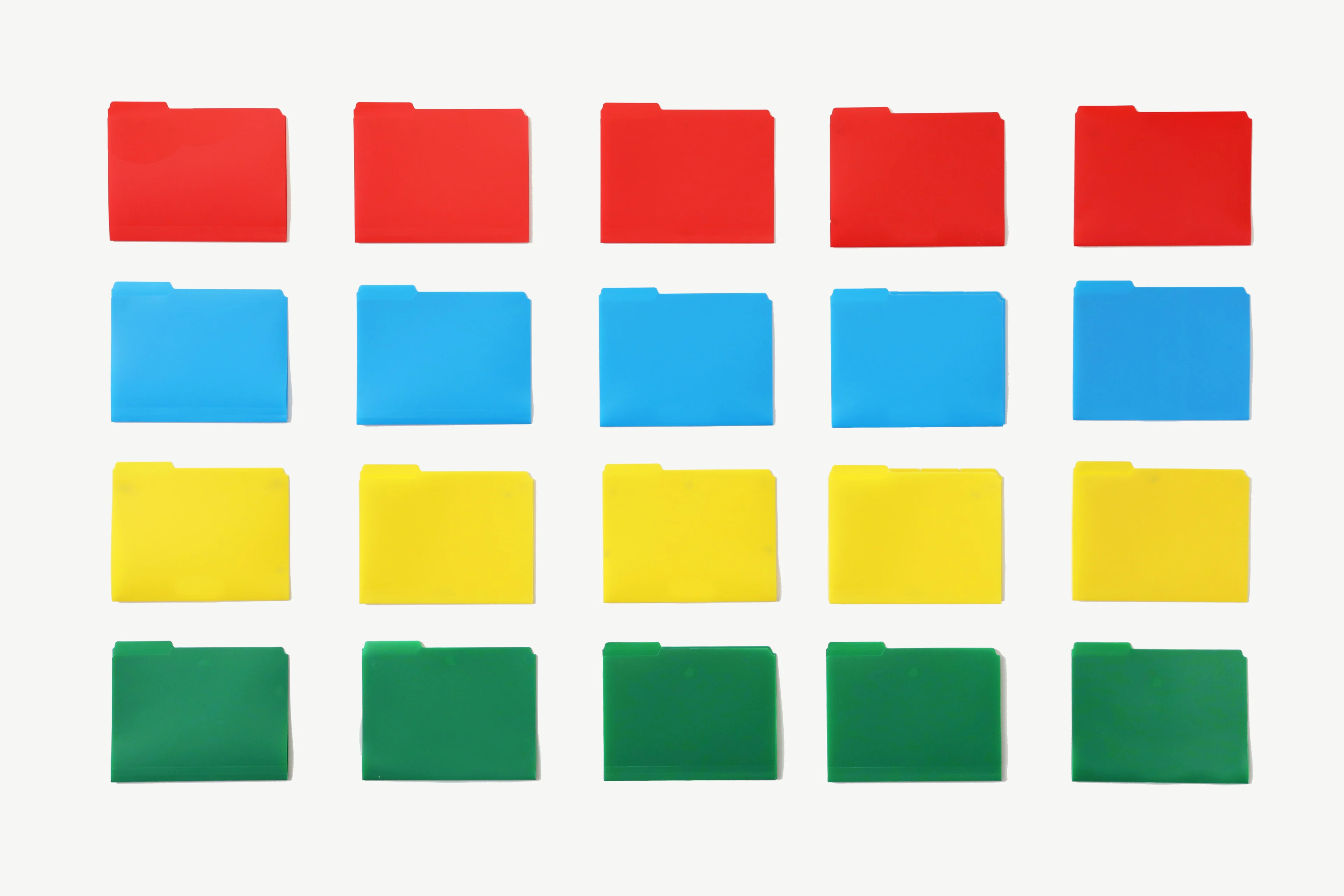Why our brains tell us we’re good multitaskers when we are definitely not
When I started writing this article, I had three browser tabs open. Now I have seven because I needed to do a little more research before I dove in.
And then there were tangents in some of the links that led to things I might be interested in exploring some other time. There is a cup of tea over-brewing in the other room that I’ll eventually reheat, and I’d be lying if I said I wasn’t tempted to open up Facebook right this second. If I only had one tab open, I might be done by now. Working on a single thing is hard for me, especially when it comes to completing a task that requires focus. As soon as the job at hand becomes difficult or uncomfortable I want to dash, or at the very least multitask so I feel like I’m being productive. Giving my brain more things to juggle feels good, and it’s not because I have some unique personality quirk. Multitasking lights up an area of the brain that makes us feel like we are accomplishing more—even if evidence suggests otherwise. Which may be why we choose to multitask against our better judgment.
Plenty of research shows that our productivity significantly goes down when we multitask: we don’t perform as well, we make more mistakes, we take longer to complete our tasks, and though it gives us a jolt in the moment, it doesn't actually make us better. In fact, as little as a three-second distraction can produce significantly worse results. Researchers from Michigan State University found that while working on a tedious computer task, inserting a 2.8-second distraction doubled the errors made by study subjects. When they inserted a 4.4-second pop-up? The number of errors tripled. While most people who multitask consider themselves to be very good at it, the truth is that they aren’t. There is a very small percentage of the population that researchers would consider “supertaskers”—people who can actually multitask—but the chance that you are one of them is very slim. As for the rest of us? Multitasking generally results in a 40 percent decrease in productivity. However, that may not be enough to dissuade you.
When we consider our multitasking efforts to be successful (even if they aren’t), we train our brains to release dopamine and increase our desire to continue this bad habit. But on the flip side, multitasking also increases stress levels and negatively impacts our short term memory. So how do we find a better brain boost than the short-lived high of multitasking? The answer might be mindfulness. Cultivating a present-moment awareness can help us stay on task, even when we feel that urge to grab our iPhone while reading an article (like this one!) Training yourself to unitask—focusing on one thing at a time—actually increases productivity and performance. Taking less time to produce higher quality work can give you the same happiness you get with multitasking —but without the wasted time, energy, and letdown. So next time you have work that needs to be done well, try coming to the task mindfully. Rid yourself of distractions and focus on the work at hand, and do so for at least 20 uninterrupted minutes. Just like with meditation, it may be uncomfortable at first, but it will gradually become easier and the results will speak for themselves.



Be kind to your mind
- Access the full library of 500+ meditations on everything from stress, to resilience, to compassion
- Put your mind to bed with sleep sounds, music, and wind-down exercises
- Make mindfulness a part of your daily routine with tension-releasing workouts, relaxing yoga, Focus music playlists, and more
Meditation and mindfulness for any mind, any mood, any goal

Stay in the loop
Be the first to get updates on our latest content, special offers, and new features.
By signing up, you’re agreeing to receive marketing emails from Headspace. You can unsubscribe at any time. For more details, check out our Privacy Policy.
- © 2025 Headspace Inc.
- Terms & conditions
- Privacy policy
- Consumer Health Data
- Your privacy choices
- CA Privacy Notice
